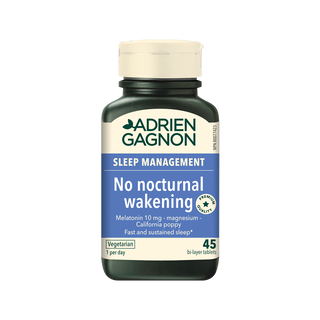






Melatonin Liquid 3 mg$14.49 | Melatonin 5 mg$14.49 | Relaxen Night (100 Caps)$14.49 | ||||||||||||||
|---|---|---|---|---|---|---|---|---|---|---|---|---|---|---|---|---|
Melatonin |
|
|
|
|
|
|
|
|
|
|
|
|
|
|
|
|
|
|
|
|
|
|
|
|
|
|
|
|
|
|
|
|
| |
Need |
|
|
|
|
|
|
|
|
|
|
|
|
|
|
|
|
Key Ingredients |
|
|
|
|
|
|
|
|
|
|
|
|
|
|
|
|
Dosage |
|
|
|
|
|
|
|
|
|
|
|
|
|
|
|
|